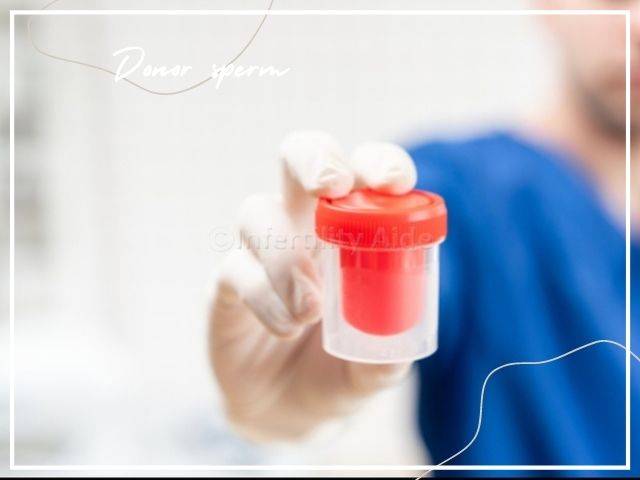As a single woman, you have more control over your life than ever before and if you feel strongly about having a baby, you can certainly make that choice for yourself.
With growing awareness about these procedures and acceptance from the society, women are becoming more comfortable in having and raising children on their own.

Can a single woman go for IVF?
Yes, it is becoming more acceptable for single women to become pregnant using IVF.
Infact, on studying around 15,000 IVF cycles at an institution in New York (1), the doctors found that the number of single women getting IVF has been steadily rising. While single women made only 0.8% of IVF seekers between 2008 and 2011, they made 4.6% of the total IVF patients in 2016 – 2019.
If you don’t have a partner but are keen to start your family and embrace parenthood, consult with one of our experienced fertility experts to decide how artificial reproductive technology can be of help.
Is IVF legal for unmarried women?
Even though in most Asian and middle-eastern countries it is prohibited by law, single women IVF is legal in the US, Mexico, Denmark, Cyprus, etc.
How can you do IVF without a husband?
IVF is the process of fertilizing your eggs with sperm under controlled conditions in a laboratory, and then transferring the resultant embryo back into your uterus.
As a single woman seeking IVF, you will need a donor’s sperm to conceive.

The semen can be provided by an anonymous sperm donor—one you can recruit via a sperm bank, or it could be someone known to you. If you do bring your own donor, the person must be willing to undergo all the required investigations to the doctor’s satisfaction before being accepted as your sperm donor.
The semen samples are tested thoroughly and kept in quarantine for six months so they are cleared for any infectious diseases before being used for any patient.
Your doctor will advise on some fertility screening tests (blood tests and scans) before suggesting your treatment plan and timeline.
Once the sperm donor is finalized, the IVF procedure can be started.
What are the other ART treatment options for single women?
If you are single and considering motherhood, you can consider any of the below treatment options:
- Donor eggs
The average age for single woman IVF is around 40 years and while most women would prefer to use their own eggs, sometimes it is not possible because they don’t have enough eggs for IVF or the quality is not good. In such cases, IVF with donor eggs is recommended.
- Embryo adoption
A typical IVF cycle usually involves creation of multiple embryos, and once they’ve had a successful pregnancy, some couples choose to donate the remaining embryos. Adopting an embryo could be a good option if you are not using your own eggs.
- Artificial insemination
Intra-uterine insemination with donor sperm is a lesser invasive treatment option, and also possibly the cheapest. However, it is not for everyone as success rates with IUI are much lower than IVF. The doctors usually recommend IUI for women who are younger and considered more fertile, as long as they don’t have any other fertility problems.
- Egg freezing
Also known as oocyte cryopreservation, egg freezing is ideal if you are worried about the ticking of the proverbial clock but are not quite ready to have a baby yet. Frozen eggs can be thawed and used for IVF any time in the future.
Why do single women do IVF?
The most common reason for single women to choose IVF is the lack of a solid relationship—a male partner, who can commit to parenthood.
Other reasons include:
- The break-down of a long-term relationship
- The fear of declining fertility
- Having to ‘settle’ for love or marriage just to have a baby
Interestingly, the age group of 40-42 makes the largest number of cases for IVF for single women, according to study mentioned above.

Fertility in women typically starts to decline after the age of 35, and while you can still conceive, the chances of pregnancy keep decreasing as you grow older.
IVF in women after 40 years of age has a success rate of only around 5% and it is reasonable that women don’t want to wait for a partner for having a baby at this stage.
For the cost of IVF for single women and for any more information, get in touch using the red contact button on this page.
References
- Samantha L. Estevez, Baruch Abittan, Mary Rausch, Single mothers by choice: Defining and understanding single women undergoing in-vitro fertilization DOI: https://doi.org/10.1016/j.fertnstert.2020.08.678
Reviewd by: Dr. Meenakshi, PhD